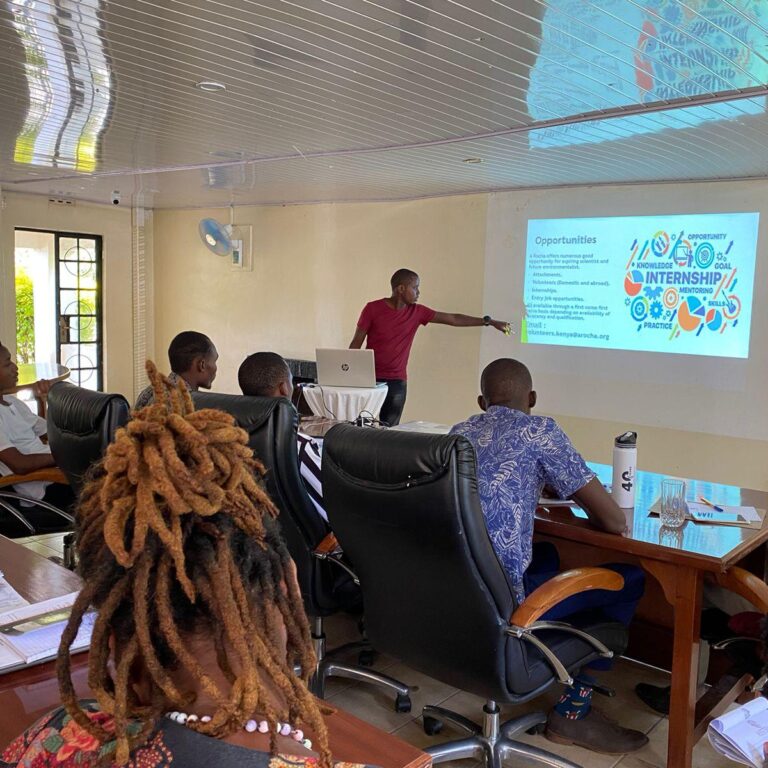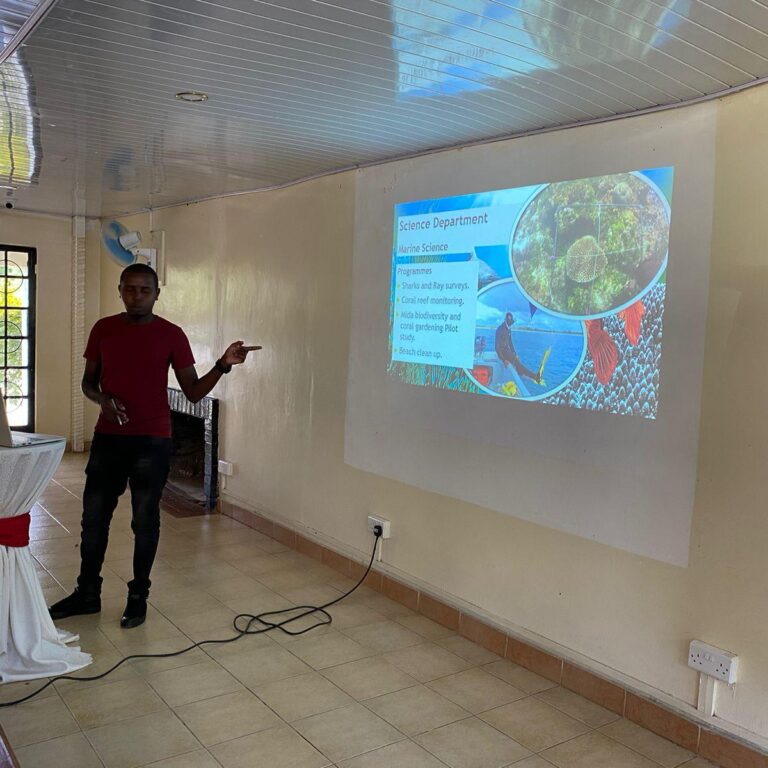In the realm of conservation, the involvement of young people is not just desirable; it’s essential. As custodians of the Earth’s future, today’s youth hold the key to preserving our planet’s biodiversity, natural resources, and ecological balance. Empowering them in conservation efforts not only ensures the sustainability of our environment but also cultivates a generation of environmentally conscious leaders.
Recognizing the Role of Youth:
Young people bring fresh perspectives, innovative ideas, and boundless energy to the table. Their passion for environmental causes, coupled with their adeptness with technology and social media, makes them potent agents of change. Moreover, engaging youth in conservation fosters a sense of ownership and responsibility towards nature from an early age, instilling lifelong environmental stewardship.
Education as a Catalyst:
Education forms the cornerstone of empowering young individuals in conservation. By integrating environmental studies into school curricula and extracurricular activities, we can nurture a generation that understands the intricate relationships between humans and nature. Hands-on experiences, field trips, and outdoor education programs not only enhance academic learning but also foster a deeper connection with the natural world.
Mentorship and Skill Development:
Providing mentorship opportunities and skill-building programs is crucial for nurturing the next generation of conservationists. Experienced professionals can guide young enthusiasts, share insights, and impart practical knowledge about conservation techniques, biodiversity monitoring, and sustainable practices. Moreover, offering internships, workshops, and volunteer programs allows young people to gain firsthand experience and develop essential skills in environmental management and advocacy.
Amplifying Youth Voices:
Empowering young people in conservation also entails amplifying their voices and incorporating their perspectives into decision-making processes. Establishing youth councils, advisory boards, and participatory platforms enables them to contribute ideas, influence policies, and drive grassroots initiatives. By actively involving youth in conservation planning and implementation, we not only harness their creativity and enthusiasm but also foster a sense of ownership and commitment towards conservation goals.
Leveraging Technology and Innovation:
In today’s digital age, technology serves as a powerful tool for engaging and empowering young people in conservation efforts. From crowdsourcing biodiversity data through citizen science projects to using social media platforms for advocacy and awareness-raising campaigns, technology offers myriad opportunities for youth involvement. Embracing innovation, such as GIS mapping, remote sensing, and blockchain for conservation, not only enhances the effectiveness of conservation initiatives but also appeals to tech-savvy youth.
Building Collaborative Networks:
Collaboration is key to empowering young people in conservation on a global scale. Creating networks, partnerships, and alliances among youth organizations, environmental NGOs, educational institutions, and governmental agencies fosters knowledge exchange, resource sharing, and collective action. By connecting young conservationists across borders and cultures, we can leverage their collective power to address pressing environmental challenges and catalyze positive change worldwide.
Cultivating a Culture of Empowerment:
Ultimately, empowering young people in conservation requires fostering a culture of inclusivity, diversity, and empowerment. By creating safe and supportive spaces where young individuals feel valued, respected, and empowered to contribute, we can unlock their full potential as catalysts for environmental sustainability. Celebrating their achievements, acknowledging their efforts, and providing opportunities for leadership and growth nurtures a generation of confident and motivated conservation leaders.
Conclusion:
Empowering young people in conservation is not just a moral imperative; it’s an investment in our planet’s future. By harnessing their passion, creativity, and potential, we can address the pressing environmental challenges of our time and build a more sustainable and resilient world for generations to come. Through education, mentorship, technology, collaboration, and a culture of empowerment, let us empower young people to become the guardians of conservation and stewards of our planet’s precious resources.

